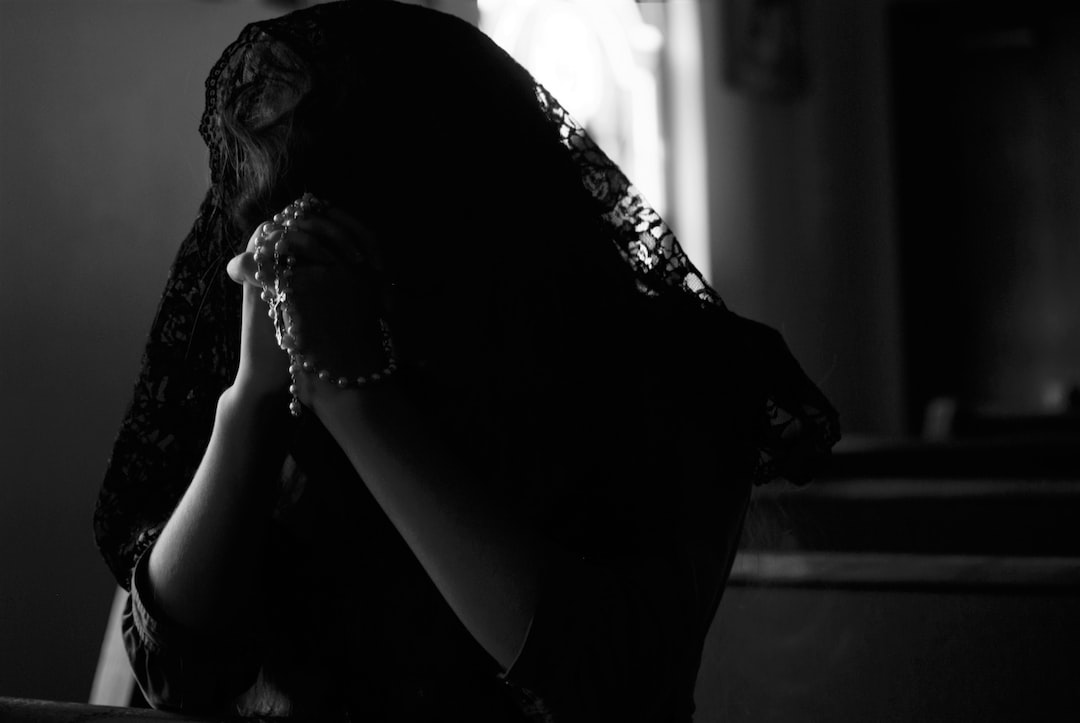Religion has played a significant role in shaping human societies for thousands of years. It has provided people with moral guidance, a sense of purpose, and a framework for understanding the world around them. However, as our society becomes increasingly secular, the role of religion is often questioned and debated. In this blog post, we will explore the role of religion in modern society and its relevance in an ever-changing world.
One of the primary roles of religion in modern society is to provide a moral compass. It offers a set of principles and values that guide individuals in their daily lives. Religion teaches followers about right and wrong, good and evil, and helps them navigate ethical dilemmas. In a world where moral relativism is becoming more prevalent, religion serves as a source of absolute truth and a foundation for moral decision-making.
Moreover, religion provides individuals with a sense of purpose and meaning. Believing in a higher power gives people a reason to live beyond their own existence. It offers them hope and comfort during difficult times and gives their lives a sense of significance. Religion helps individuals find a deeper purpose beyond material wealth and achievements and encourages them to lead a virtuous and meaningful life.
Additionally, religion fosters a sense of community. It brings people together through shared beliefs, values, and rituals. Places of worship serve as gathering spaces where individuals can come together, support one another, and develop social connections. Religion provides a sense of belonging and identity, which is crucial for individuals’ emotional and mental well-being. In today’s increasingly individualistic and fragmented society, religion plays a vital role in creating communities that offer support and a sense of belonging.
Furthermore, religion promotes social justice and encourages individuals to be compassionate and caring towards others. Many religions teach the values of love, empathy, and social responsibility. They emphasize the importance of helping those in need and fighting against injustice and inequality. Religion inspires individuals to work towards building a more just and equitable society, promoting the common good over self-interest.
However, it is essential to acknowledge that the role of religion in modern society is not without challenges and criticisms. The rise of secularism and the increasing influence of science and technology have led to skepticism towards religious beliefs and practices. Some argue that religion can be a source of conflict and intolerance, citing historical examples of religious wars and oppressive systems. Moreover, the strict adherence to religious dogma can sometimes hinder progress and scientific advancements.
In light of these criticisms, it is crucial to promote a dialogue that acknowledges the diversity of beliefs and respects the freedom of individuals to practice their faith or choose not to believe. Recognizing the positive aspects of religion while acknowledging its limitations is essential in fostering a society that values religious freedom and pluralism.
Moreover, religion has shown itself to be adaptable to modern times. Many religious institutions have embraced technological advancements and adapted their practices to engage with a changing society. Online services, social media presence, and digital platforms have allowed religious communities to reach a broader audience and foster connections beyond physical boundaries.
In conclusion, the role of religion in modern society is multifaceted. It provides moral guidance, a sense of purpose, a community, and a commitment to social justice. While it is not without challenges and criticisms, religion continues to play a significant role in the lives of millions of people around the world. Engaging in a respectful dialogue on the role of religion and recognizing its positive contributions can help foster a society that embraces diversity and respects individual beliefs, while promoting a common pursuit of justice, compassion, and meaning.

